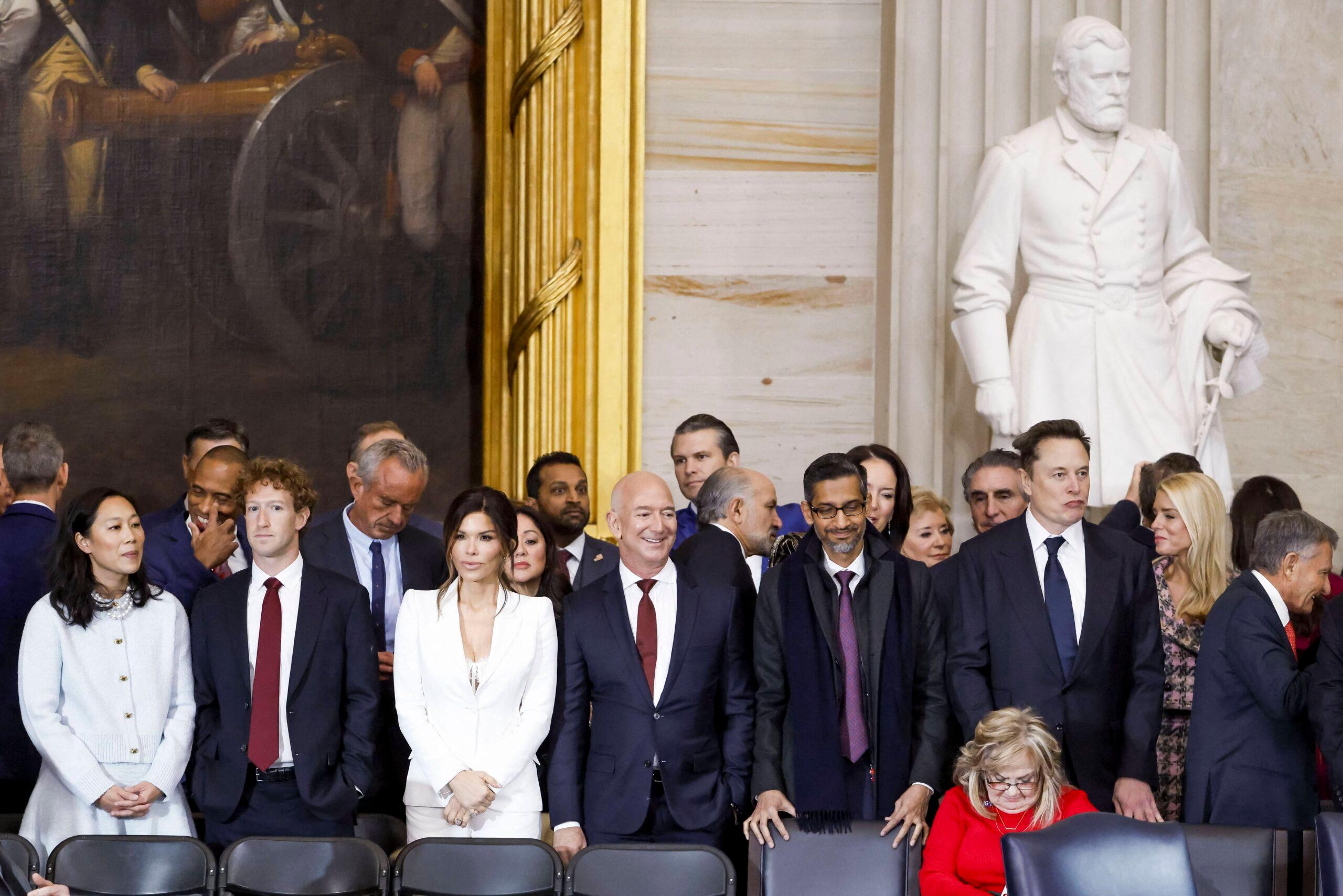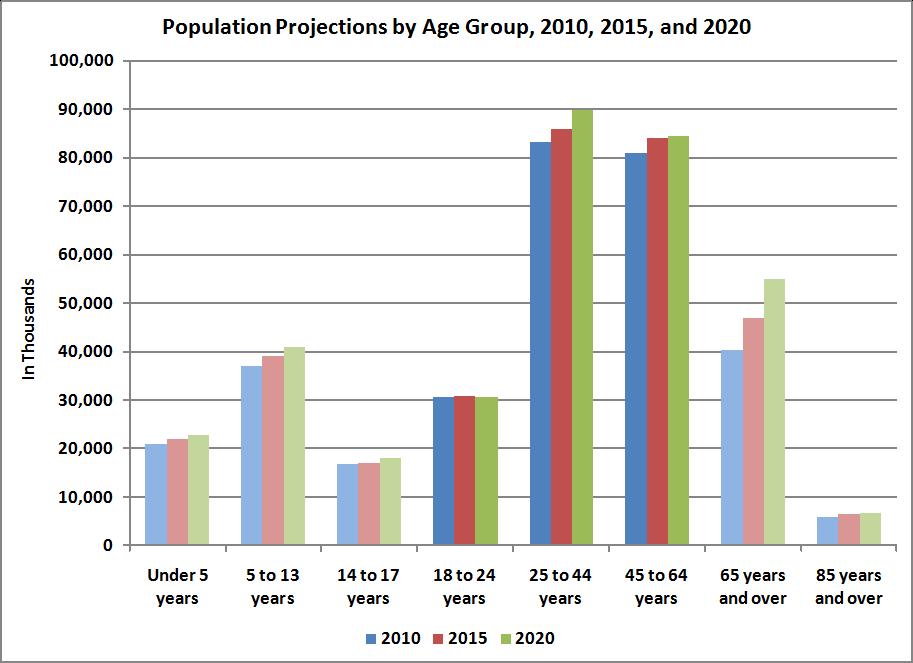The Zuckerberg-Trump Dynamic: Implications For Tech And Governance

Table of Contents
Facebook's Role in the Trump Presidency and Political Campaigns
Facebook, under Mark Zuckerberg's leadership, played a significant role in the Trump presidency and his political campaigns. This relationship, characterized by both collaboration and conflict, has had far-reaching consequences.
Amplification of Misinformation and Disinformation
Facebook's algorithms, designed to maximize engagement, inadvertently amplified the spread of misinformation and disinformation during the Trump campaigns and presidency. This contributed to a climate of distrust and polarization.
- Cambridge Analytica scandal: The harvesting of user data by Cambridge Analytica and its use in targeted political advertising exposed vulnerabilities in Facebook's data security and raised concerns about the manipulation of voters.
- Russian interference: The use of Facebook to spread Russian propaganda and interfere in the 2016 US election highlighted the platform's susceptibility to malicious actors.
- Targeted advertising: The ability to micro-target political ads to specific demographics allowed campaigns to tailor their messaging and potentially influence voters more effectively, raising concerns about manipulation and the lack of transparency.
Political Advertising and Transparency
Regulating political advertising on Facebook presents a major challenge. The lack of transparency in ad targeting, difficulties in verifying ad sources, and the sheer volume of political ads make it difficult to ensure accountability.
- Lack of transparency in ad targeting: The precise targeting of political ads remains largely opaque, making it difficult to understand how campaigns are influencing voters.
- Difficulties in verifying ad sources: Verifying the authenticity and sources of political ads on Facebook is challenging, leading to the spread of misleading and false information.
- Calls for stricter regulations: Growing calls for stricter regulations on political advertising on social media platforms reflect growing concerns about the potential for manipulation and the need for greater transparency.
Impact on Election Outcomes
The extent to which Facebook's algorithms and practices influenced election outcomes remains a subject of ongoing debate. However, numerous studies suggest a correlation between social media usage, voter turnout, and political polarization.
- Studies on social media's effect on voter turnout: Research indicates that social media can impact voter turnout, although the direction and magnitude of the effect are still debated.
- Polarization: Social media algorithms can create "echo chambers," reinforcing existing beliefs and leading to increased political polarization.
- Electoral outcomes: The cumulative effect of misinformation, targeted advertising, and algorithmic amplification could potentially sway election results, although definitively proving causality is challenging.
Government Regulation and the Zuckerberg-Trump Dynamic
The Zuckerberg-Trump dynamic has significantly shaped the debate surrounding government regulation of social media. The responses to Facebook's actions, the power imbalance between tech and government, and the future of tech regulation are all intertwined.
Responses to Facebook's Actions
Government reactions to Facebook's role in spreading misinformation and influencing political discourse have varied widely, both during and after the Trump administration.
- Section 230 debates: The ongoing debate surrounding Section 230 of the Communications Decency Act, which shields online platforms from liability for user-generated content, highlights the complexities of regulating online speech.
- Antitrust lawsuits: Facebook has faced multiple antitrust lawsuits, raising concerns about its monopolistic practices and market dominance.
- Congressional hearings: Numerous congressional hearings have examined Facebook's role in the spread of misinformation and the need for greater regulation.
- Data privacy regulations (GDPR, CCPA): Regulations like the GDPR (General Data Protection Regulation) in Europe and the CCPA (California Consumer Privacy Act) in the US aim to protect user data and enhance transparency.
The Power Imbalance Between Tech and Government
A significant power imbalance exists between tech companies like Facebook and governmental regulatory bodies. Facebook's vast resources and global reach pose challenges for government oversight.
- Lobbying efforts by Facebook: Facebook's extensive lobbying efforts influence legislative outcomes and shape the regulatory environment.
- Challenges in regulating global tech giants: Regulating global tech giants requires international cooperation, which is often difficult to achieve.
- Limitations of government oversight: Governments face limitations in their ability to effectively monitor and regulate the complex algorithms and vast amounts of data handled by tech companies.
Future of Tech Regulation
The Zuckerberg-Trump dynamic has highlighted the need for more robust and effective regulation of social media platforms. Various proposals are being considered.
- Proposals for independent oversight boards: Establishing independent oversight boards to review content moderation decisions and algorithmic practices could enhance transparency and accountability.
- Algorithmic transparency requirements: Mandating greater transparency in algorithmic processes could allow for better understanding of how platforms influence information flows.
- Content moderation policies: Developing clearer and more consistent content moderation policies is crucial to addressing the spread of misinformation and harmful content.
Long-Term Implications for Democracy and Society
The Zuckerberg-Trump dynamic has profound long-term implications for democracy and society, impacting trust in institutions and shaping the future of political discourse.
Erosion of Trust in Institutions
The events surrounding the Zuckerberg-Trump dynamic have contributed to a decline in public trust in social media platforms, government, and mainstream media.
- The spread of conspiracy theories: Social media has facilitated the spread of conspiracy theories, eroding trust in established institutions.
- The rise of filter bubbles: Algorithmic filtering can create "filter bubbles," limiting exposure to diverse perspectives and reinforcing existing biases.
- Increasing political polarization: Social media has contributed to increased political polarization, making constructive dialogue and compromise more challenging.
The Future of Political Discourse
The long-term implications for political communication are significant. The misuse of social media in political campaigns raises concerns about the future of democratic discourse.
- The need for media literacy education: Improving media literacy is crucial to equip citizens with the skills to critically evaluate information and identify misinformation.
- The role of fact-checking initiatives: Independent fact-checking organizations play a vital role in combating the spread of false information.
- Promoting constructive dialogue: Encouraging respectful dialogue and promoting civil discourse online is essential to fostering a healthy democracy.
Global Implications
The Zuckerberg-Trump dynamic has global implications, affecting democracies and autocracies alike.
- The use of social media for propaganda and disinformation in various countries: Social media platforms are increasingly used for propaganda and disinformation campaigns worldwide, undermining democratic processes.
- The need for international cooperation in regulating tech platforms: Effective regulation of global tech platforms requires international collaboration and harmonization of regulations.
Conclusion
The Zuckerberg-Trump dynamic represents a watershed moment in the relationship between technology and politics. Its lasting influence on tech regulation, political discourse, and public trust is undeniable. The key takeaway is the urgent need for more robust regulation of social media platforms, enhanced media literacy, and a renewed commitment to fostering constructive dialogue. To counter the negative impacts of this dynamic, we must all actively engage in informed discussions, advocate for responsible tech regulation, and promote media literacy to combat the spread of misinformation. Further research into the long-term effects of the Zuckerberg-Trump dynamic and the development of effective countermeasures are crucial for protecting democracy in the digital age. Let's continue the conversation about the implications of the Zuckerberg-Trump dynamic and work towards a more responsible and transparent digital landscape.

Featured Posts
-
 California Wildfires Impact On Celebrities In The Palisades
Apr 25, 2025
California Wildfires Impact On Celebrities In The Palisades
Apr 25, 2025 -
 Sherwood Ridge Primary School Exempts Students From Anzac Day Events
Apr 25, 2025
Sherwood Ridge Primary School Exempts Students From Anzac Day Events
Apr 25, 2025 -
 Bob Fickels 40th Canberra Marathon Run A Local Legends Endurance
Apr 25, 2025
Bob Fickels 40th Canberra Marathon Run A Local Legends Endurance
Apr 25, 2025 -
 Top Spring 2025 Country Music Festivals Dates Locations And Ticket Information
Apr 25, 2025
Top Spring 2025 Country Music Festivals Dates Locations And Ticket Information
Apr 25, 2025 -
 10 Unforgettable European Shopping Adventures
Apr 25, 2025
10 Unforgettable European Shopping Adventures
Apr 25, 2025
Latest Posts
-
 Analyzing Remember Monday The Uks Response To Online Hate Through Eurovision
Apr 30, 2025
Analyzing Remember Monday The Uks Response To Online Hate Through Eurovision
Apr 30, 2025 -
 Is Age Just A Number A Look At Physical And Mental Health Across The Lifespan
Apr 30, 2025
Is Age Just A Number A Look At Physical And Mental Health Across The Lifespan
Apr 30, 2025 -
 Retro Sarm Dzilijan Anderson U Prekrasnoj Haljini
Apr 30, 2025
Retro Sarm Dzilijan Anderson U Prekrasnoj Haljini
Apr 30, 2025 -
 Uk Eurovision 2024 Remember Mondays Journey From Online Abuse To Musical Triumph
Apr 30, 2025
Uk Eurovision 2024 Remember Mondays Journey From Online Abuse To Musical Triumph
Apr 30, 2025 -
 Is Age Just A Number Exploring The Societal Impact Of Age
Apr 30, 2025
Is Age Just A Number Exploring The Societal Impact Of Age
Apr 30, 2025
